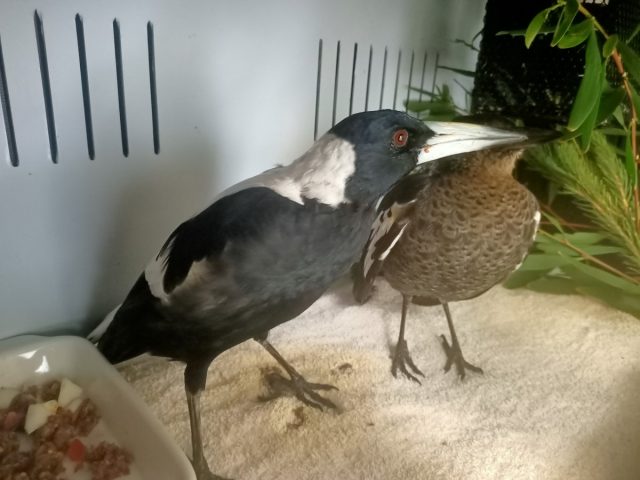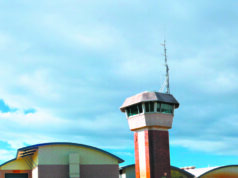
Each and every bird species plays a significant role in Australia’s ecosystem, and we can all help to protect them.
Recently, the team at the Darling Range Wildlife Shelter have been inundated with weak or paralysed birds.
Symptoms include the inability to fly or run, clenched feet, a build-up of mucus in the mouth, and respiratory distress.
Australian magpies, Australian ravens, mudlarks, grey butcherbirds, and pied butcherbirds are the ones most at-risk.
With assistance from local residents, DRWS has admitted 15 magpie paralysis patients over the past few months.
Throughout the past two years, the shelter has treated around 100 affected birds from across Perth’s south-east.
Many scientists have been left baffled by this annual occurrence, according to DRWS wildlife liaison and support manager Yasmin Hunter.
“We know of many more patients with this disease being admitted at vet centres and other wildlife hospitals around Perth over the past three years,” she said.
“We are unsure of the exact cause. However, there have been investigations into this disease by the Department of Primary Industries and Regional Development, the Department of Biodiversity, Conservation, and Attractions, and Perth Zoo.
“Results have been relatively inconclusive…but some of the birds have been found to have Botulism toxin in their guts, so it could be linked to Botulism Disease.”
Ms Hunter and her team are now urging all community members to look out for any sick or injured birds.
“Our wildlife need us to be their voice,” she said.
“By reporting wildlife disease or concerns, members of the public can help add to the data bank and provide very valuable information to help us understand the disease better.”













